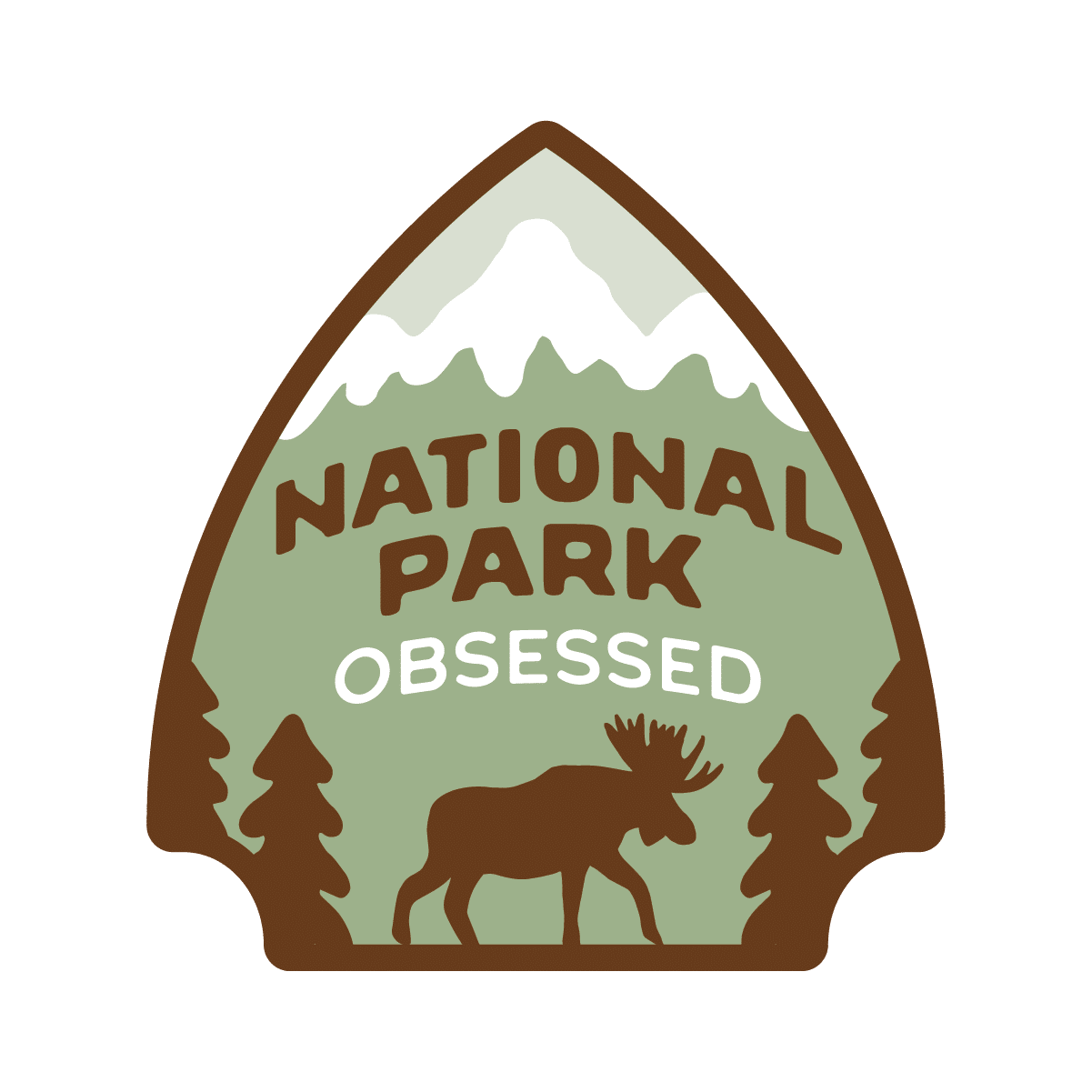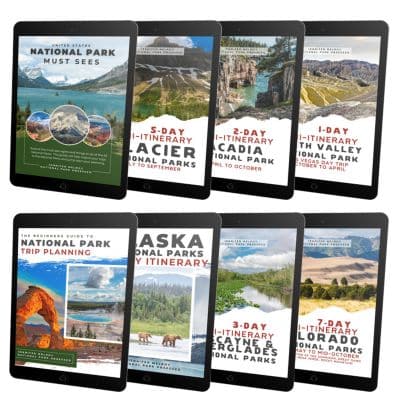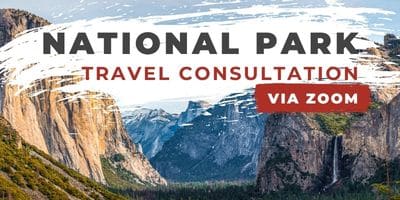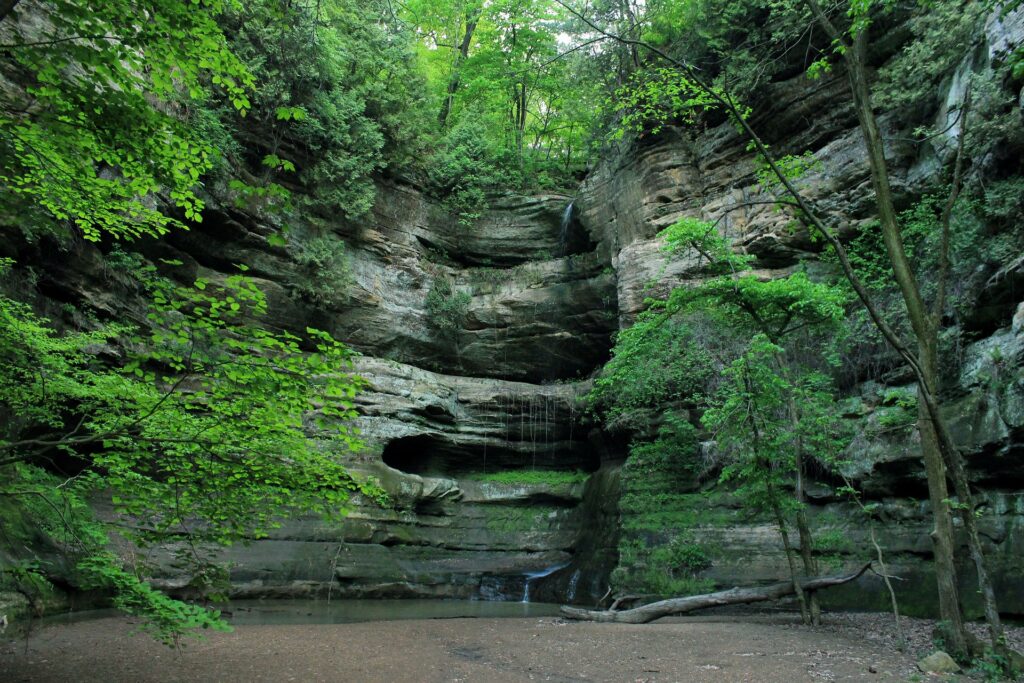
National Parks of Illinois
- Jennifer Melroy
- Last Modified October 14, 2021
- First Published on July 1, 2019
There is currently two National Park Service Site in Illinois and 3 associated sites.
Official National Parks of Illinois
- Lincoln Home National Historic Site
- Pullman National Monument
Associated sites of Illinois
- Lewis and Clark National Historic Trail
- Mormon Pioneer National Historic Trail
- Trail of Tears National Historic Trail
[show-map id=”30″]
Illinois National Parks
Lincoln Home National Historic Site
The Lincoln Home National Historic Site preserves the Springfield, Illinois home and the surrounding area where Abraham Lincoln lived before becoming the 16th President of the United States. Abraham Lincoln purchased this home in 1844 and is the only house he ever owned. He lived here with his wife Mary Todd. All four of his sons were born in this twelve room house. The
In 1887, Robert Todd Lincoln, Abraham’s son, The Lincoln Home National Historic Site was designated National Historic Landmarks on December 19, 1960
Pullman National Monument
Lewis and Clark National Historic Trail
The Lewis and Clark National Historic Trail follows the route Meriwether Lewis and William Clark took across the United States’ newly purchased territory. The trail starts at Camp Dubois, Illinois and passes thru Missouri, Kansas, Iowa, Nebraska, South Dakota, North Dakota, Montana, Idaho, Oregon, and ends in Washington. The trail is a combination of auto, land and water routes.
The Lewis and Clark expedition started in May 1804 with the goal to find a practical route across the western region of North America. They were to lay claim to these lands to limit European expansion. The expedition was a success. Lewis and Clark crossed the Louisiana purchase and made it to the Pacific Ocean. They recorded the plants, animals, and landscapes as they traveled. They laid the foundations for future relationships with the American Indian tribes of the relationships.
The trail was established on November 10, 1978. There are over 100 stops along the trail.
Things to do in Lewis and Clark National Historic Trail: Hiking, Auto Tours, Museums,
How to get to Lewis and Clark National Historic Trail: The sites are located in the 16 states the trail runs through.
Where to Stay in Lewis and Clark National Historic Trail: There are various places to stay along the trail.
Lewis and Clark National Historic Trail Entrance Fee: There may be nominal fees at trail-related federal, state, or locally owned historic sites and interpretive facilities.
Lewis and Clark National Historic Trail Official Website: Click Here
Map of Lewis and Clark National Historic Trail: Download
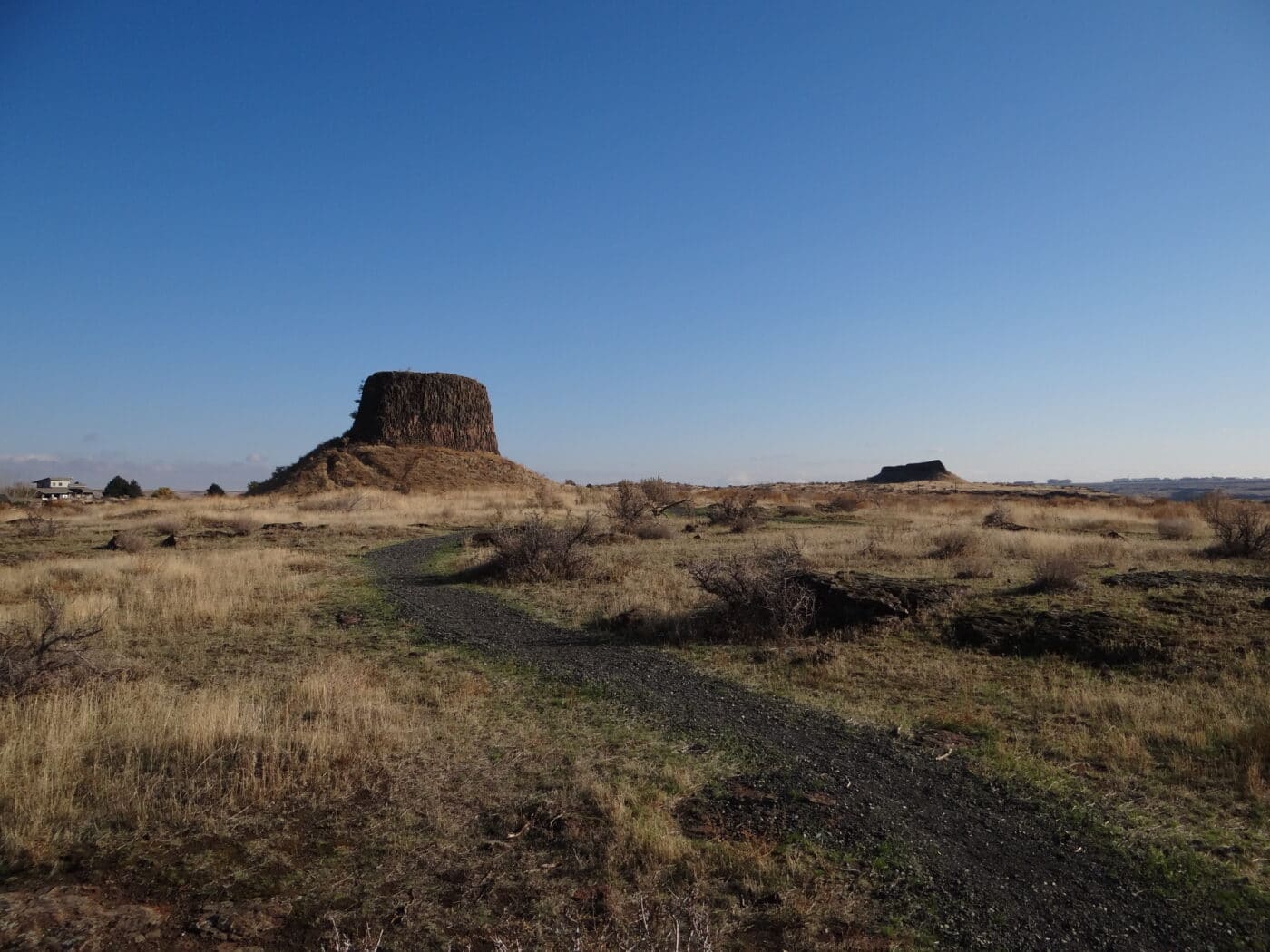
Mormon Pioneer National Historic Trail
Mormon Pioneer National Historic Trail follows the 1,300-mile route many members of the Church of Jesus Christ of Latter-day Saints traveled from Nauvoo, Illinois to Salt Lake City, Utah. Between 1846 and 1868, over 14,000 Mormons followed their leader Brigham Young west to build a new settlement. From Council Bluffs, Iowa to Fort Bridger, Wyoming the Mormon Trail combines with the California and Oregon Trail. The Mormons were forced out of their early settlements due to conflict with other settlers.
The trail runs through Illinois, Iowa, Nebraska, Wyoming, and Utah. Today, the trail is mostly an autoroute. The route stops in several other National Parks Sites such as Chimney Rock National Historic Site, Scotts Bluff National Monument and Fort Laramie National Historic Site.
Mormon Pioneer National Historic Trail was established on November 10, 1978.
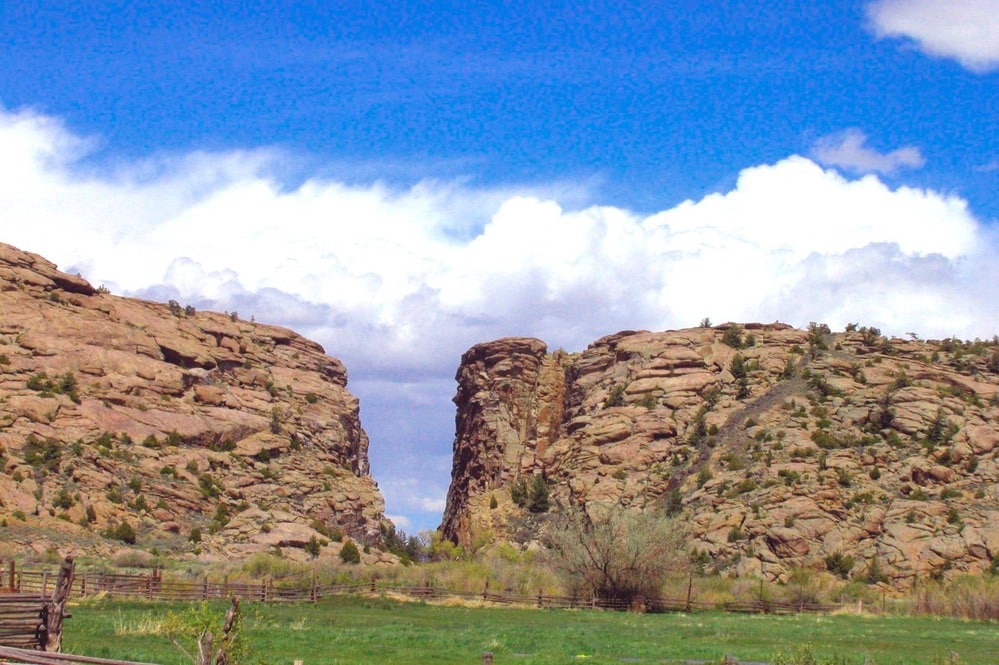
Trail of Tears National Historic Trail
The Trail of Tears National Historic Trail follows the different routes members of the Cherokee, Muscogee (Creek), Seminole, Chickasaw, Choctaw, Ponca, and Ho-Chunk/Winnebago nations were forced to march for resettlement as part of the Indian Removal Act. The Trail of Tears follows the four main routes from Tennessee, North Carolina, and Georgia through Kentucky, Illinois, Missouri, Alabama, Mississippi, Arkansas on their way to Oklahoma.
The Trail of Tears National Historic Trail stands as a reminder of the horrific treatment the American Indians suffered at the hands of the U.S government. It is estimated between 2,000 – 8,000 Cherokee died along the trail (that doesn’t include deaths of any of the other tribes or deaths in the Seminole wats).
Today, visitors to the Trail of Tears can drive any one of the four main autoroutes and visit sites such as the Cherokee County Historical Museum, Brainerd Mission Cemetery, Cherokee National Museum, and Fort Payne Cabin Site to learn more about the journey the American Indians were forced to make and the challenges they faced.
Trail of Tears National Historic Trail was created in 1987.
Things to do in Trail of Tears National Historic Trail: Historical Sites, Museums, auto touring, walking
How to get to Trail of Tears National Historic Trail: The trail follows several routes as it pass through Tennessee, North Carolina, and Georgia through Kentucky, Illinois, Missouri, Alabama, Mississippi, Arkansas and Oklahoma
Where to Stay in Trail of Tears National Historic Trail: There is no lodging on the trail itself, but multiple options are located along the route the trail.
Trail of Tears National Historic Trail Entrance Fee: Free
Trail of Tears National Historic Trail Official Website: Click Here
Map of Trail of Tears National Historic Trail: Download
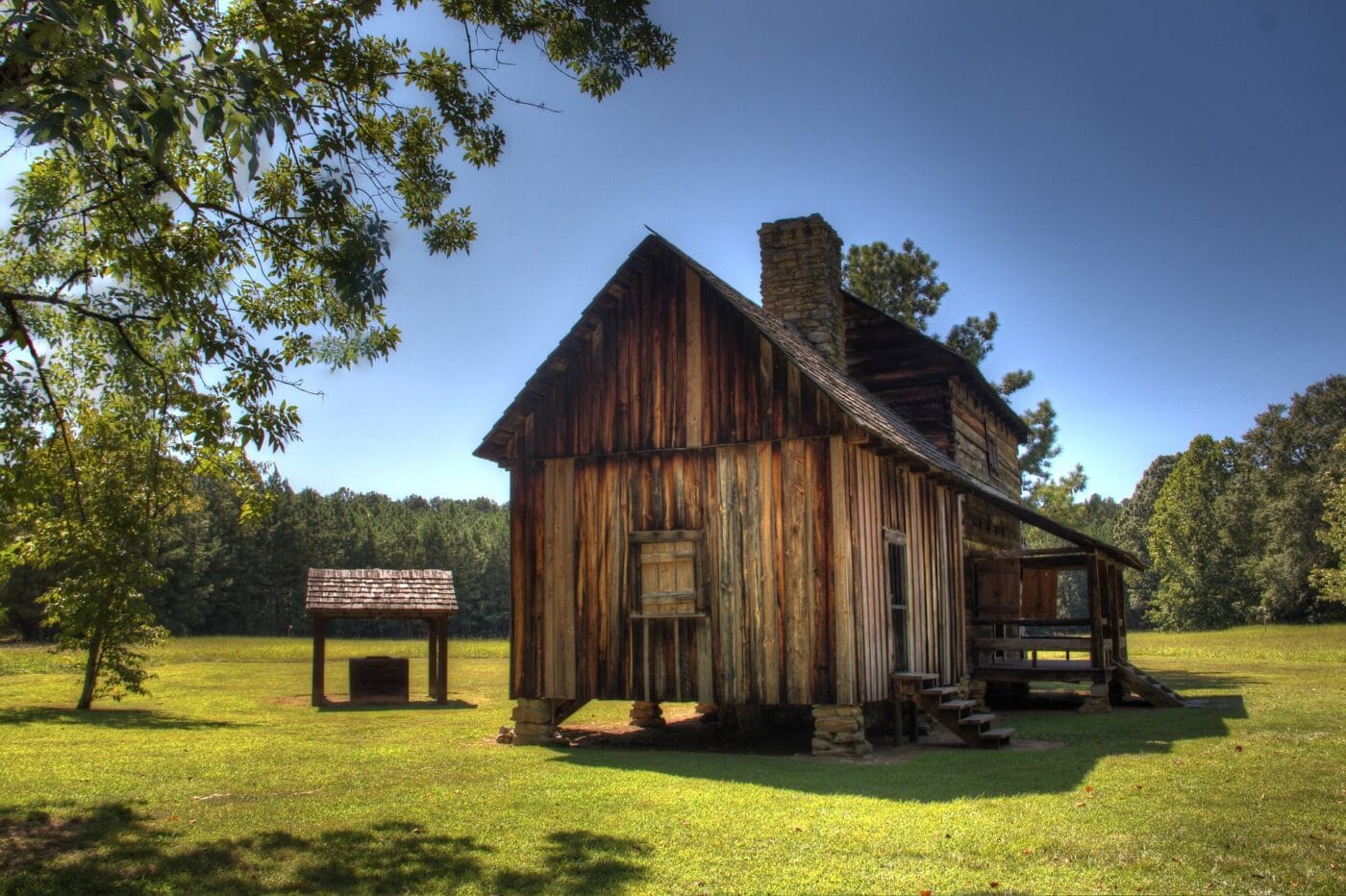
View all the National Park Service Sites in neighboring states:
- Indiana National Parks – Indiana has Indiana Dunes National Park and 2 other units.
- National Parks of Iowa
- National Parks of Michigan
- National Park and 6 other units
- Gerogia National Parks – Georgia has 11 NPS units
- Kentucky National Parks – Kentucky has Mammoth Cave National Park and 6 other units.
- Missouri National Parks – Missouri is home to Gateway Arch National
ParkMemorial and 7 other units - National Parks of Wisconsin
Jennifer Melroy
Hi, I'm Jennifer!

Welcome to the wonderful world of National Parks. I'm here to help you plan your NEXT amazing adventure through the United States National Parks and beyond. I want the national parks to be accessible to all.
I live in Tennessee, and when I'm home, you can find me hiking in the Smokies and the Cumberland Plateau.
58/63 National Parks
250+/423 National Park Units
Want to know more? Start Here.
ACKNOWLEDGEMENT OF LAND
On this site, we promote travel to the United States and beyond that are the traditional lands of Indigenous and First Nations peoples.
With respect, I make a formal land acknowledgment, extending my appreciation and respect to these lands’ past and present people.
To learn more about the people who call these lands home, I invite you to explore Native Land.
DISCLAIMER
National Park Obsessed assumes no responsibility or liability for any errors or omissions in the content of this site (NationalParkObsessed.com). The information contained in this site is provided with no guarantees of completeness, accuracy, usefulness or timeliness. You are encouraged to conduct your own due diligence before acting on the information provided on this site and should not rely on the opinions expressed here.
There is an inherent risk in all outdoor recreation activities, the reader assumes all responsibility for their own personal safety.
DISCLOSURE
We are a participant in the Amazon Services LLC Associates Program, an affiliate program designed to provide a means for us to earn fees by linking to Amazon.com and affiliated sites.
Privacy Policy • About Us • Contact
Select stock photography provided depositphotos
Copyright ©2023 National Park Obsessed, LLC
Privacy Overview
Last Updated on 14 Oct 2021 by Jennifer Melroy
